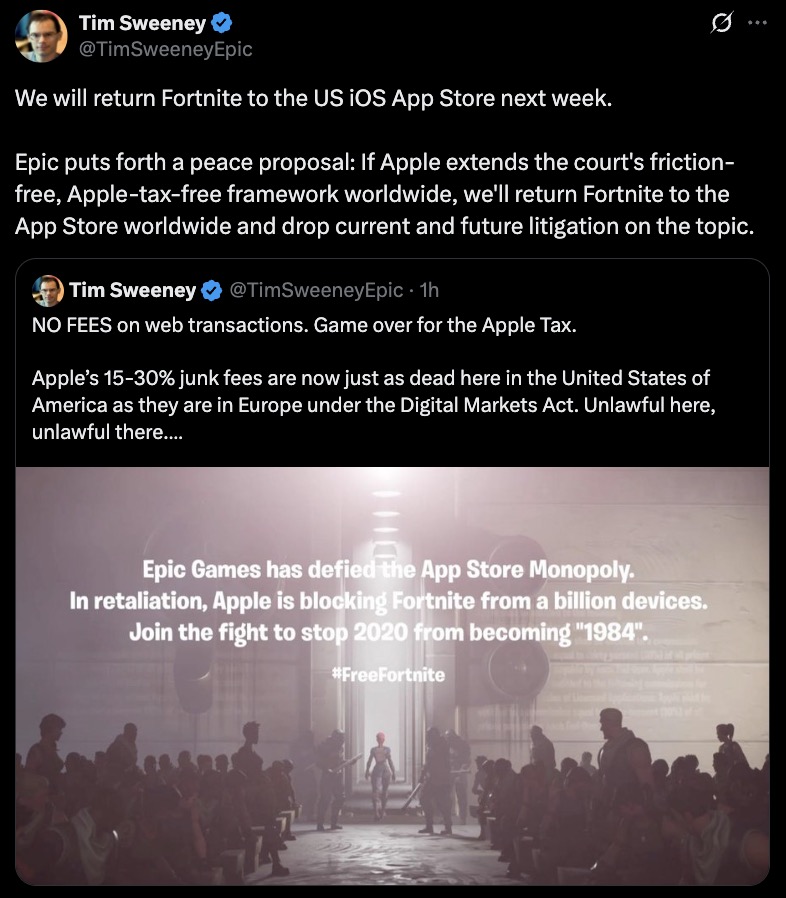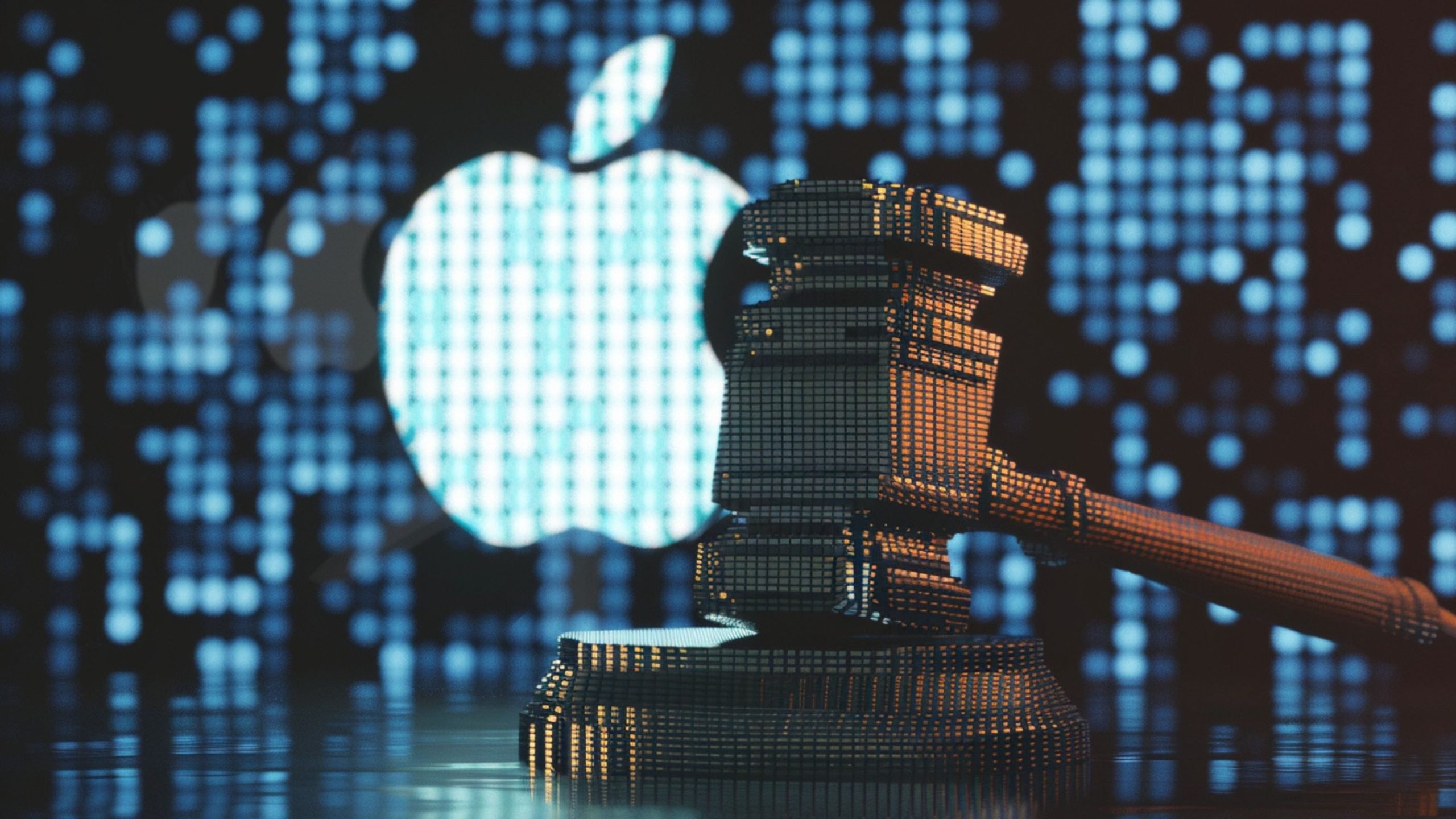A federal judge has handed down a significant decision in the ongoing legal battle between Epic Games and Apple, barring the tech giant from charging fees on purchases made outside its app ecosystem and from limiting how developers guide users toward external payment methods.
Judge Yvonne Gonzalez Rogers, who has presided over the dispute since its inception, delivered a forceful opinion that found Apple had deliberately ignored a prior court order issued in 2021.
“That [Apple] thought this Court would tolerate such insubordination was a gross miscalculation,” Rogers stated. She further escalated the matter by referring Apple to the US Attorney for potential criminal contempt proceedings.
We obtained a copy of the order for you here.
The court’s updated injunction spells out new boundaries for Apple’s conduct. The company is now explicitly prohibited from taking any commission on purchases made beyond its App Store.
Additionally, it can no longer restrict developers from using specific design elements such as buttons, text, or other calls to action to guide users toward external purchasing platforms. Developers are also free to format and position such links as they see fit. Apple’s only permissible communication when a user leaves the app is a neutral message alerting them to the redirection.
This legal development represents a notable triumph for Epic Games, which initiated the lawsuit in an effort to challenge Apple’s App Store policies.
Following the judge’s decision, Epic CEO Tim Sweeney announced plans to relaunch Fortnite on the US App Store within the coming week. He also extended an offer for broader reconciliation: “If Apple extends the court’s friction-free, Apple-tax-free framework worldwide, we’ll return Fortnite to the App Store worldwide and drop current and future litigation on the topic.”

The dispute originally gained traction after Rogers’ earlier ruling in 2021 required Apple to permit developers to steer users to other payment methods. However, Apple responded by implementing a 27 percent commission on those transactions, only marginally less than the standard 30 percent, drawing pushback from several developers, including Epic.
Rogers took particular issue with that response, writing, “In the end, Apple sought to maintain a revenue stream worth billions in direct defiance of this Court’s Injunction.” She pointed to internal discussions at Apple, noting that App Store chief Phil Schiller advised compliance with the court’s order, but CEO Tim Cook chose a different path under the influence of CFO Luca Maestri, a decision she characterized as ill-advised.













